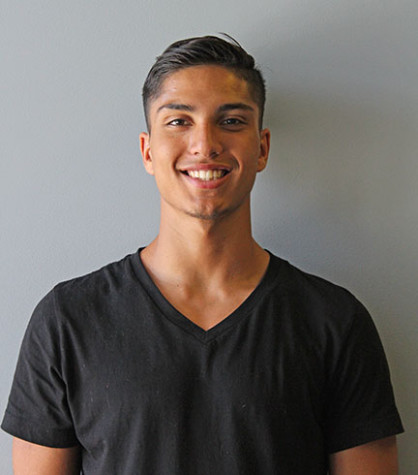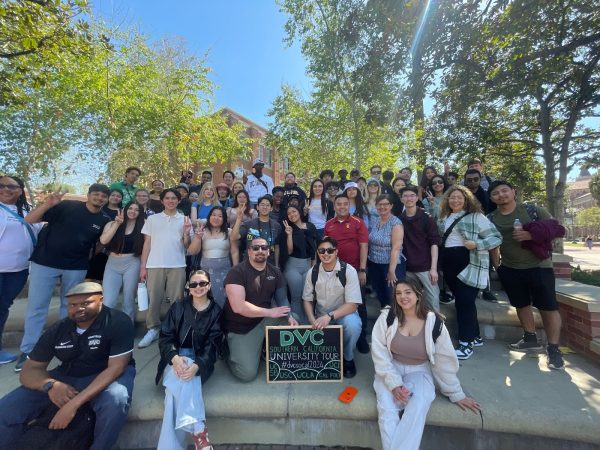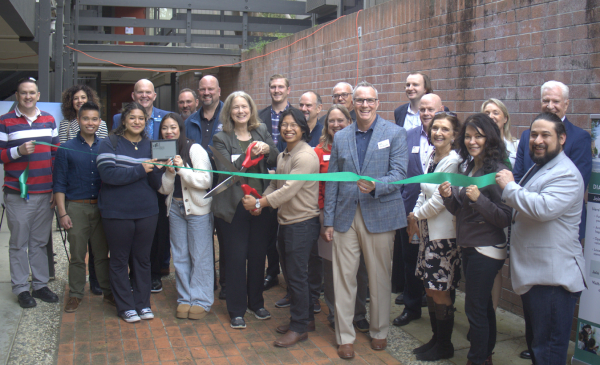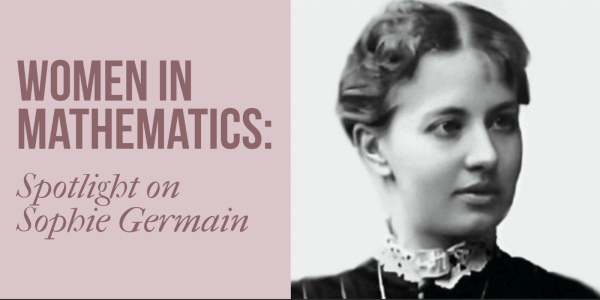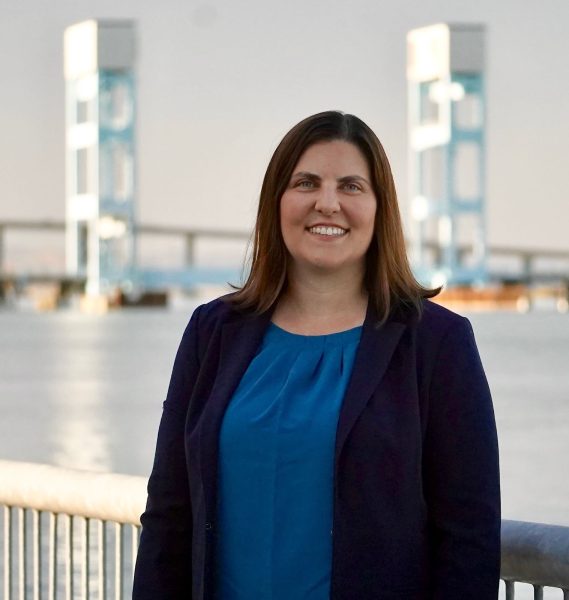2014 Pacific ACM International Collegiate Programming Contest
November 21, 2014
“Quite simply, it’s the largest, oldest, most prestigious programming contest in the world” says Diablo Valley College student Daniel Awai about the Association for Computing Machinery (ACM), International Collegiate Programming contest (ICPC).
Awai, 24, is a computer science major, and the president of the ICPC team at DVC, which is one of the few community colleges competing in this highly esteemed international contest.
In fact, Awai says that the contest “attracts more than 2000 universities across all six continents. The top four schools in our Pacific region are Stanford, UC Berkeley, British-Columbia and Washington University.”
ICPC includes the most competitive schools in the world, as Awai says “It’s really catered for four year schools. And not just four year schools, but ones that can have at least one graduate student on their team. So, the odds are really stacked against us.” In fact, DVC turned out to be the only community college at the event.
DVC’s regionals took place at the University of San Francisco on Saturday, Nov. 15 for the Pacific region. Each school is allowed a maximum of 15 contestants, which are then split up into five teams of three students each.
Each team was given a problem set that deals with things like data structures, discrete math, and graph theory. The goal is to complete the problem set as quickly and accurately as possibly within the five hour time limit. No internet or calculator use is allowed, just you and your fellow brains.
What makes a successful ICPC team?
“It turns out that they only have one programmer,” Awai says. “The other two are either going to be mathematicians or one of the stem fields, such as physics. So we really tried to pull from the physics department and from the math department.”
ICPC is not strictly a contest for computer science majors, but rather an interdisciplinary DVC event that caters to anyone who enjoys solving puzzles.
The ICPC team has been practicing in the Advanced Computer Technology Center after hours, solving problems that are very similar to the ICPC and learning to work together as a team.
“We’ve been practicing for about a month and a half, with practice sessions once a week,” says Dzmitry Tsurankou, a 20-year-old computer science major.
ICPC, according to the official website, began as a competition held at Texas A&M University, and quickly became a hit after IBM became sponsors in 1997.
The grand prize for the first four placing teams is full time salaried positions at IBM, so many teams practice all year long, with dedicated coaches to fully prepare their teams.
John Adney, president of the DVC computer club “Bits n Bytes,” says he doesn’t expect the team to beat a four-year school like the University of California in Berkeley, but he says “We expect to be one of the only community colleges there, and we definitely expect to beat some four-year schools.”
Awai says the competition has been great for “being able to collaborate with other students and work on a common project, which gives you different viewpoints on how to address problems that you never would have thought of before.”
Team name “J2FE” from DVC finished in 7th place, only behind the UC Berkeley and Stanford teams, while another DVC team “Last Lunch” finished in 10th place. Both teams beat out a Stanford team and many other 4 year schools such as USF, showing once again that DVC “continues to punch well above [its] weight class.”





































































